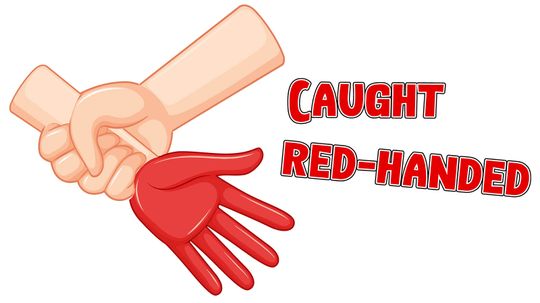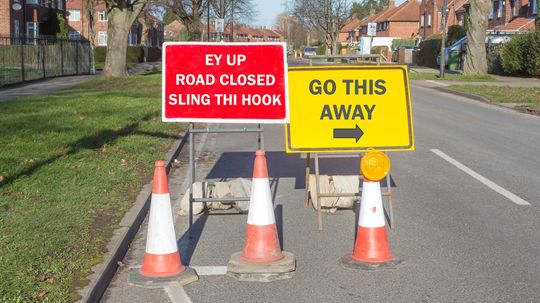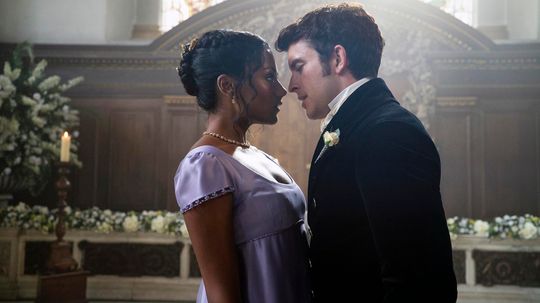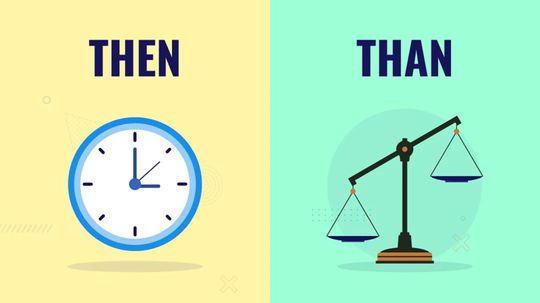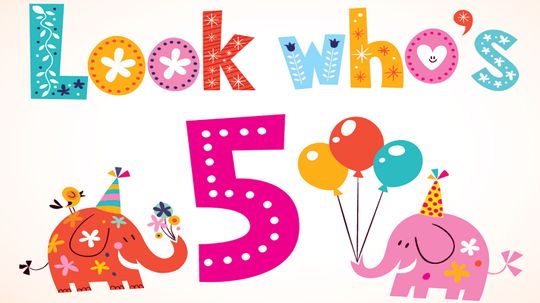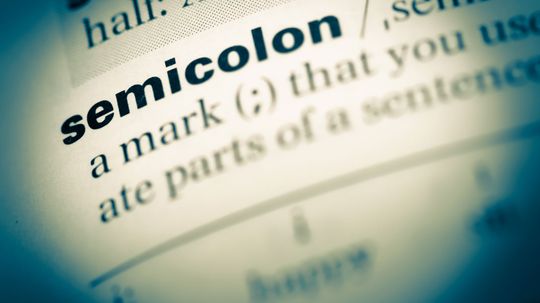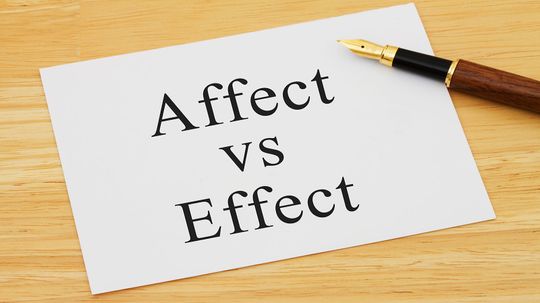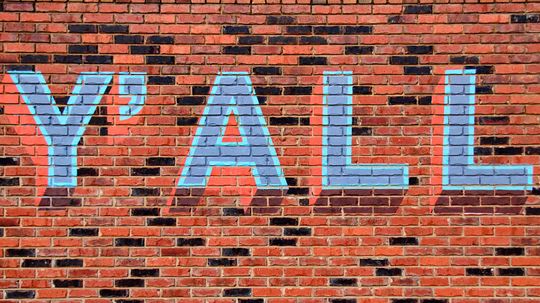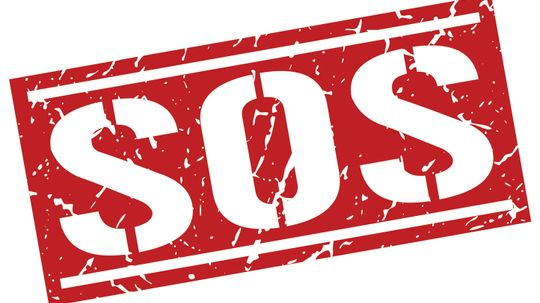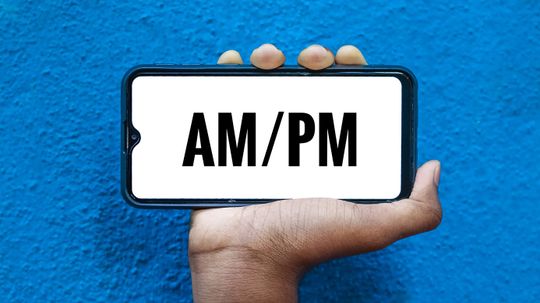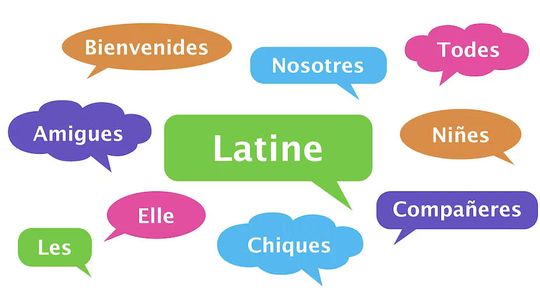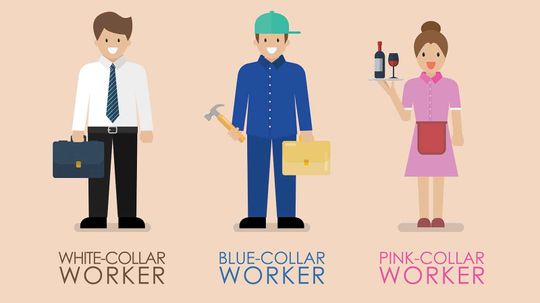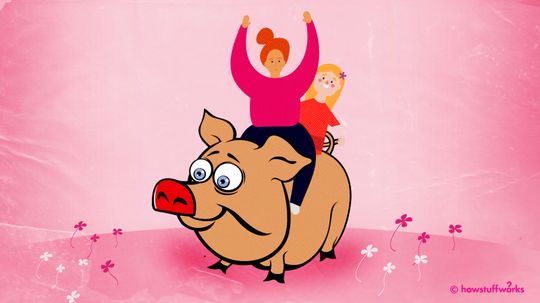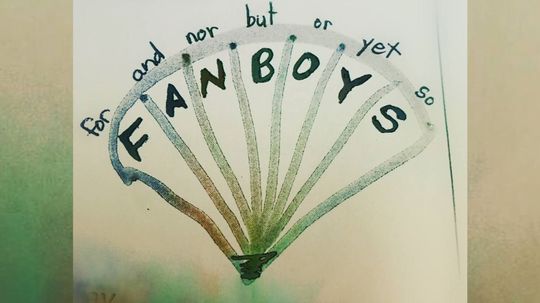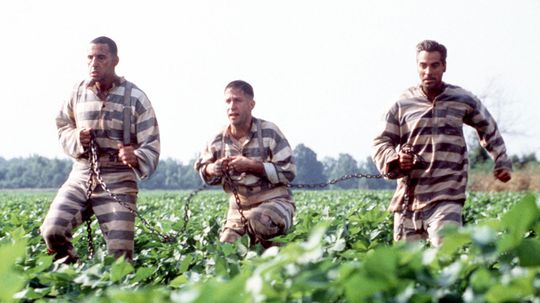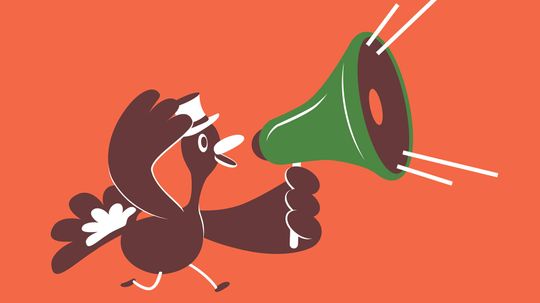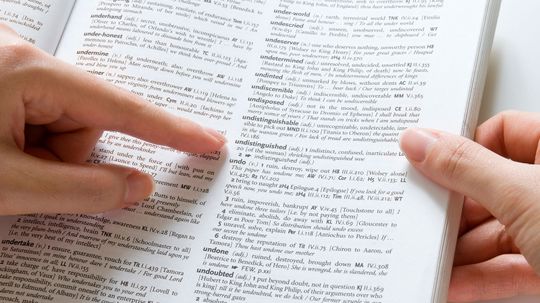Grammar, Punctuation & Phrases
A collection of answers to grammar, spelling and punctuation questions, plus explanations on the origins of popular phrases.

Inside LA's Forest Lawn, Where the Biggest Celebrities Rest in Peace

Is Human Composting the Greenest Burial Option?

What's With Germany's Strict Burial Regulations?
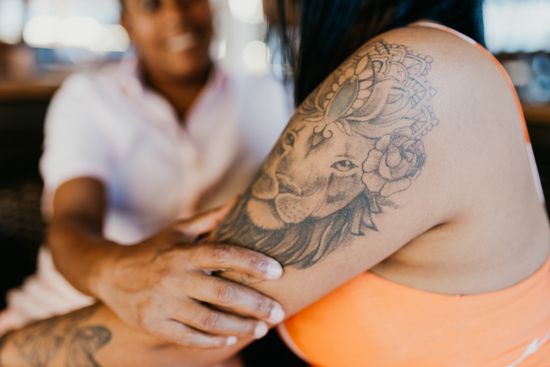
Unleashing Majestic Power: Exploring the Symbolism of Lion Tattoos
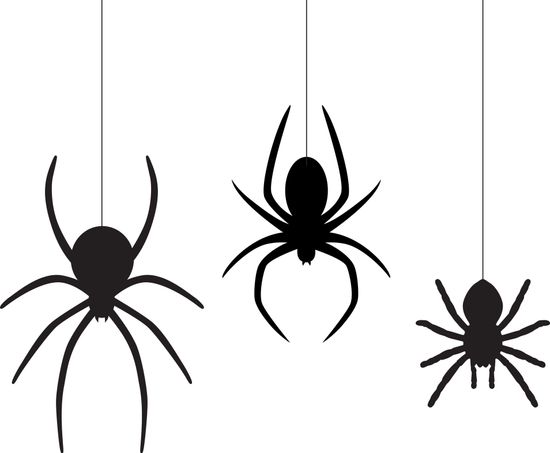
Unveiling the Profound Symbolism of Spider Tattoos
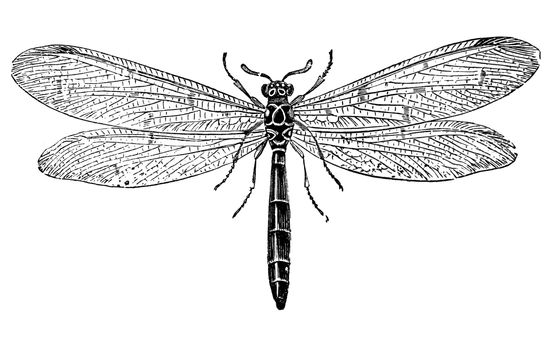
Unraveling the Symbolic Tapestry of Dragonfly Tattoos: Meanings, Designs, and Transformative Power

The 10 Weirdest Foods in the World Have Us Struggling to Finish Lunch

13 Indian Festivals That Celebrate Life, Love and Renewal

10 Japanese Festivals With Distinctly Different Vibes

11 Arabic-Speaking Countries Spanning Massive Continents

English-Speaking Countries: From Ireland to St. Lucia to New Zealand

15 French-Speaking Countries in Africa, Europe, and the Americas

Why Do Kids Say '6 7'? What Does '6 7' Actually Mean?
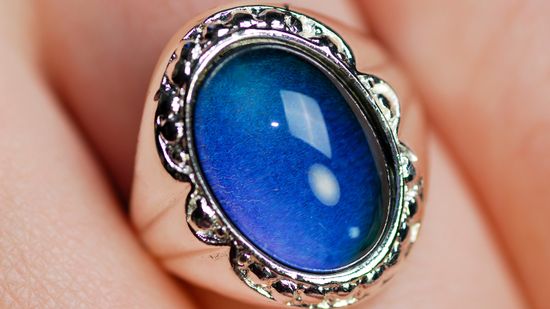
What's the Science Behind Mood Rings?
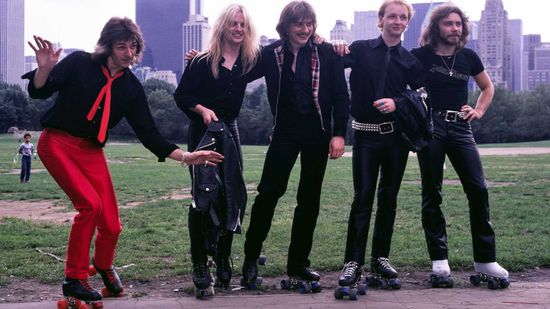
10 Things We Love to Hate About the '70s and '80s

5 Family Traditions for New Babies

5 Family Anniversary Traditions

5 Family Traditions for Daughters

13 Types of Dragons Humans Have Dreamt Up Over Millennia

Foo Dog: A Mythical Mix of Lion and Chow Chow

Are Black Magic Spells Powerful? The Truth Behind Their Strength

20 Old Money Last Names That Scream Aristocracy

20 Most Common Surnames in the U.S. (and What They Mean)

What Are the Most and Least Popular Birthdays in the U.S.?

90s Slang You Don't See Anywhere but TikTok Anymore

7 Gen Z Characteristics to Help You Understand Zoomers

10 Millennial Characteristics to Decode a Generation

The Origins of Valentine's Day: A Surprisingly Dark Roman Tradition

Russian Christmas Traditions: Jan. 7, Nativity Fast (Not Feast!) and More

Origins of Santa Claus: A Turkish Saint and American Poetry

Mexico's Flag Represents Ancient History and Everlasting Hope

5 Black-Red-Yellow Flag Designs Around the World

Which Blue and White Flag Is That? 9 Possibilities

How to Tell If She’s Cheating: Common Clues and Behaviors

Signs She’s Not in Love with You – She’s Just Playing Along

7 Signs He Likes You More Than Just a Friend

10 Prayers for Strength to Seek Support in Troubled Times

10 Prayers for Anxiety to Help You Summon Calm

10 Prayers for Healing and Troubling Times

5 Most Bike-friendly Cities in the U.S.

The Zizians: A Strange and Dangerous Techno-Cult

How Synanon Went From Rehab Philosophy to Violent Cult

Quiz: Finish That Jingle!
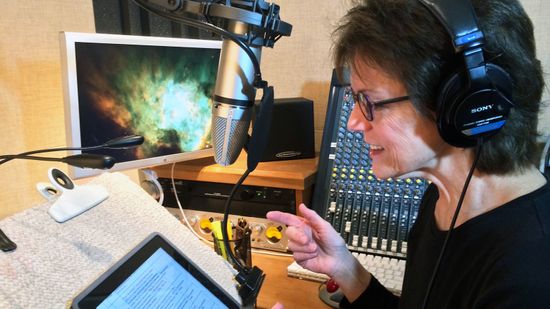
How One Woman Unexpectedly Became the Voice of Siri
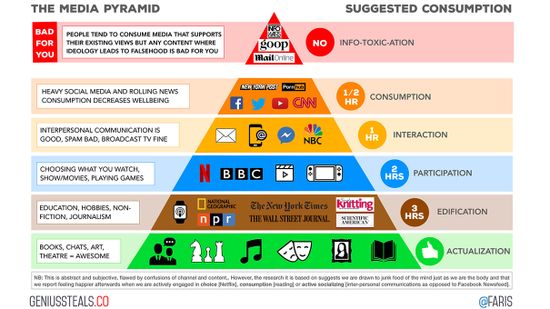
There's a Healthier Way to Consume Your Media
Learn More
Have you ever found yourself staring at a blank page, wondering if your paragraph is too short, too long, or just right? Well, you're not alone in asking how many sentences are in a paragraph. It can be hard to tell whether you've provided enough information and if, most importantly, it is easy to read and effectively communicates your main point.
There are countless adjective examples in everyday language, but for simplicity's sake, most adjectives are one-word components that enhance or modify nouns. Any sentence may contain two or more adjectives, but the function of each adjective remains the same.
By Mitch Ryan
Similes are like spices for writing: Used in the right proportion, they can add zest and verve to your prose. Once you're familiar with them, you'll likely notice that simile examples abound in everyday speech, writing, song lyrics and even advertising slogans.
By Zach Taras
Advertisement
Figurative language is a cornerstone of expressive writing. Unlike literal language, which conveys information plainly and directly, figurative language introduces an imaginative spark, offering the reader new ways to view ideas and emotions.
By Marie Look
Do you know when to use to vs. too? In spoken English language, the two words sound exactly the same, but they have different meanings.
By Sascha Bos
There are plenty of examples of people being caught red-handed in real life. But what does it really mean?
British slang is known to contain some of the most colorful colloquialisms in the world, so queue up as we bandy about a few cheeky ones.
By Alia Hoyt
Advertisement
The word "hack" has evolved so much over time that, instead of suggesting a shadowy criminal act, it now means you've found the very best way to do something.
Surely you've heard the phrase before. You've probably used it. But where did it come from and what is the meaning behind it?
"Then" and "than" have confused some people for ever - probably because they sound alike. However, there's an easy way to know which word to use.
Who's got the lowdown on whose birthday it is today? "Who's" and "whose" are always a challenge to get right, but we've got some pro tips.
Advertisement
Knowing when to use a semicolon is a matter of remembering that a semicolon is a cross between a pause and a period.
These two words are often used interchangeably and incorrectly, so here's how to know when to use "affect" vs. "effect."
The fad for abbreviations like LOL is nothing new. In fact, this trend in the 1840s spawned the greatest abbreviation of all, "OK." Let's look at the history behind "America's greatest word."
By Dave Roos
Y'all, the contraction of the words "you" and "all," is making its move out of the American South to places as far afield as Australia.
By Carrie Tatro
Advertisement
SOS was the most commonly used distress signal from the turn of the 20th century until before WWII. But exactly what does SOS mean?
We use these abbreviations all the time, but what do they actually mean?
Many people think 'Latine' is a better gender-inclusive term than 'Latinx.' Here's why.
How did blue collar, white collar (and pink collar!) end up in our lexicon, and what are the origins of their meanings?
Advertisement
It's a strange phrase when you think about it, as people don't normally ride pigs. So where did it come from?
The origin of this false grammatical no-no is lost to history. But, we still shy away from starting sentences with coordinating conjunctions. And here's why.
When you're holding something together with nothing more than spit and perhaps some duct tape (duck tape?), what is the correct term, jury- or jerry-rigged?
To be "on the lam" means to be on the loose or on the run, but what does "lam" mean and where does this colorful phrase come from?
Advertisement
It's a phrase appropriate to Thanksgiving as well as other times of the year. But the most popular origin story has a disturbing explanation.
By Alia Hoyt
No one ever says "heveled" or "gruntled." Do these words even exist? Not every word needs an opposite to prop it up. Here's why.





